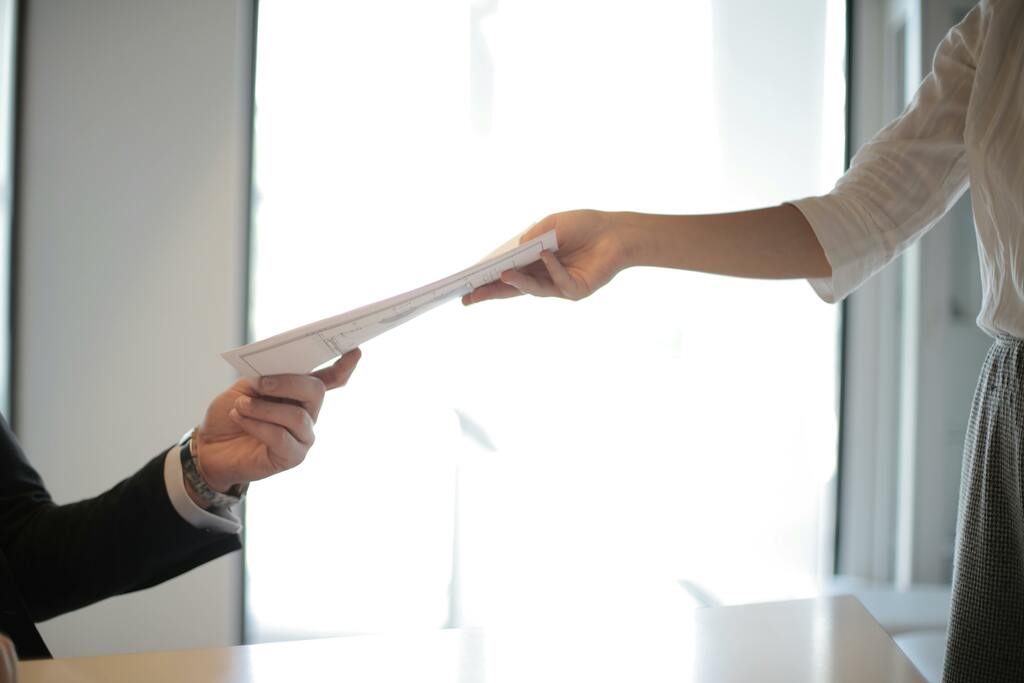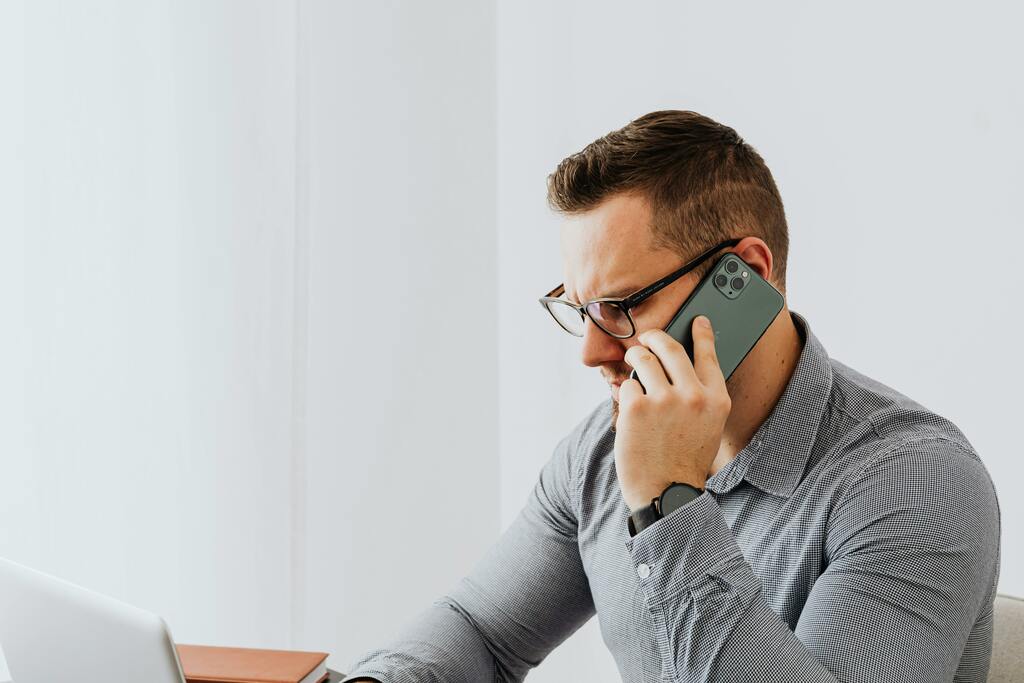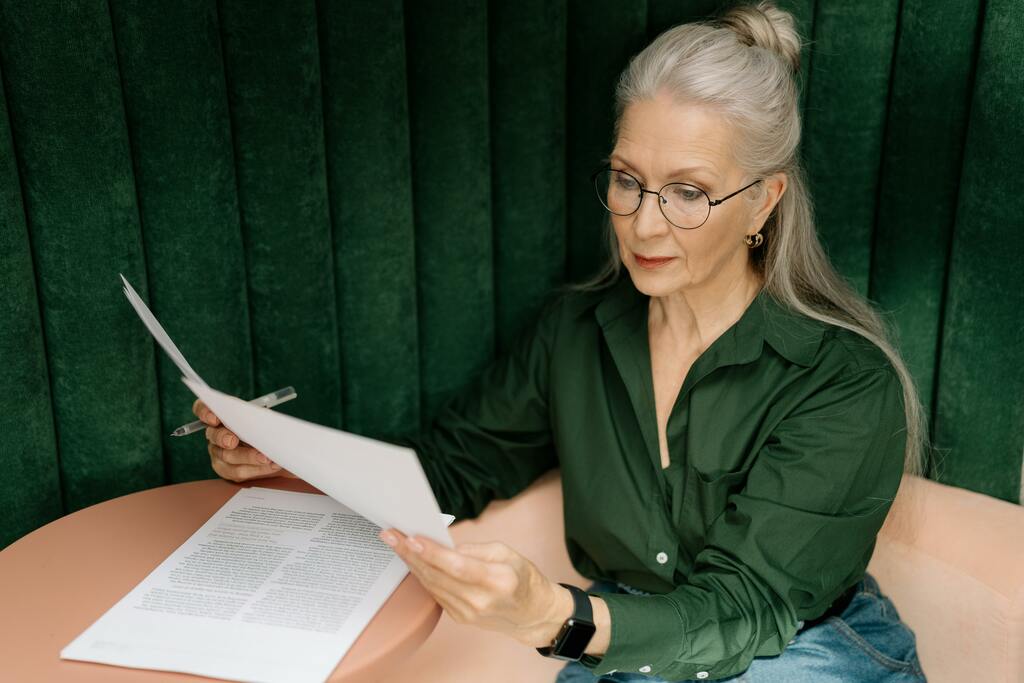If you have a document you suspect has been altered, I can help.
If you have questions about a signature on a document, I can help.
If you are a victim of forgery or identity theft, I can help.
If you need an expert to testify about a questioned document, I can help.
Note to Attorneys:
Do you or your client have concerns about the authenticity of a document or signature? As a forensic document examiner and handwriting expert, I offer my services as both a consultant and an expert witness.
What is a Forensic Document Examiner?
A forensic document examiner investigates and verifies facts related to documents, focusing on authorship, authenticity, alterations, additions, and erasures. They analyze inks, paper, writing instruments, and business machines. They then prepare a comprehensive report on their findings and, if necessary, provide expert testimony in court or at deposition.
What are the qualifications of a Forensic Document Examiner?
Forensic document examination is a discipline that combines science and skill, requiring extensive experience, practice, and rigorous training. My qualifications align with the guidelines set by the Scientific Working Group for Forensic Document Examiners (SWGDOC.org). This organization focuses on establishing standards and guidelines for forensic document examiners. Their work includes creating protocols for examining handwriting, altered documents, and other questioned document-related analyses.
This field is also referred to as forensic document examination, document examination, questioned document examination, handwriting examination, handwriting expertise, or handwriting analysis.
What types of cases typically involve the testimony of a handwriting expert witness?
Cases involving forgery, fraud, or disputed documents often necessitate the testimony of a handwriting expert witness to analyze and compare handwriting samples and present their professional opinion in court.
At North Star Document Experts, I offer specialized forensic services for questioned signatures and documents. I work with attorneys, district attorneys, public defenders, police departments, investigators, banks, insurance companies, and other private entities to provide questioned document-related services.
Mr. Sachs has had a long and multifaceted career in the criminal justice system. After retiring from policing, he transitioned into the legal framework, contributing to the operation of the courts. In recent years, Mr. Sachs has expanded his skill set by incorporating specialized training in questioned handwriting and document examination, leveraging this expertise to establish a private practice. This venture benefits from his decades of experience in law enforcement and the judicial system. Throughout his career, Mr. Sachs has demonstrated an unwavering commitment to integrity, justice, and public service.

WHO I WORK WITH
Attorneys &
Law Offices
Private
Citizens
Government
Agencies
Banking and
Corporate
Signature verification in forensic handwriting analysis is a meticulous process aimed at establishing the authenticity of a signature, whether genuine or forged. I start by comparing the questioned signature with known samples from the individual, meticulously analyzing characteristics such as line quality, letter formation, pen pressure, writing speed, and distinctive personal traits—such as the shape of a "t" or the looping of an "l." Utilizing tools like magnifying glasses and microscopes, I seek signs of tracing, hesitation, or irregular strokes that may suggest forgery. This analysis goes beyond simple comparison; I also assess whether the signature aligns with its context, including factors like the date or type of document. Ultimately, my objective is to deliver a well-supported expert opinion, frequently summarized in a report for clients or court proceedings, regarding the signature's authenticity.
Anonymous writing refers to texts, such as threatening letters or notes, where the author intentionally conceals their identity. As a forensic handwriting expert, I analyze these samples by comparing them to known writings from potential suspects, scrutinizing features such as letter shapes, connections, spelling peculiarities, and even the grip on a pen. I utilize tools like microscopes to identify subtle details, such as shaky lines or unique flourishes, that could link the writing to a specific individual. My analysis goes beyond handwriting; I also assess word choices and grammatical patterns that may correspond with a suspect’s style. The objective is to narrow down or identify the author with compelling evidence, often for inclusion in reports or court cases.
As a forensic document examiner, I meticulously analyze documents by scrutinizing their physical characteristics and written elements to determine authenticity, alterations, or origins. I begin with a visual inspection, utilizing tools such as microscopes and specialized lighting to assess paper texture, ink types, and printing techniques for signs of tampering, including erased lines, added content, or inconsistent fonts. When evaluating handwriting, I compare signatures or notes to known samples, examining stroke patterns, pressure variations, and unique features such as misspellings. Additionally, I may conduct tests for age, looking for indicators like faded ink or worn edges, to verify if the document aligns with its asserted date. The outcome is a comprehensive opinion, supported by evidence, regarding the document’s authenticity, often intended for legal proceedings.
As a forensic document examiner, I use a variety of tools in my lab to analyze documents and uncover the truth. I rely on a digital microscope to zoom in on tiny details like ink lines or paper fibers. UV and infrared lights help reveal hidden alterations, such as faded ink or erased marks that aren’t visible to the naked eye. Digital cameras and scanners capture high-resolution images for comparison or court displays. Basic tools like rulers and protractors measure angles or alignments, all working together to spot fakes or alterations.


A written letter of opinion is a formal document in which a consultant, like me, presents findings and conclusions on paper after analyzing something such as a questioned document or signature. It is detailed, signed, and notarized. It is meant to be shared with the other side. With this document, most cases will settle without the need to go to court.

A full report includes everything I have done to analyze the document or signature in question and the detailed steps I took to determine my conclusion. It is written clearly, often with illustrations or examples, and signed by me. This report is official and can be used in court or at depositions, so it is usually shared during discovery, the part of a case where evidence is exchanged.
SERVICES AND FEES
I am dedicated to helping you find the truth